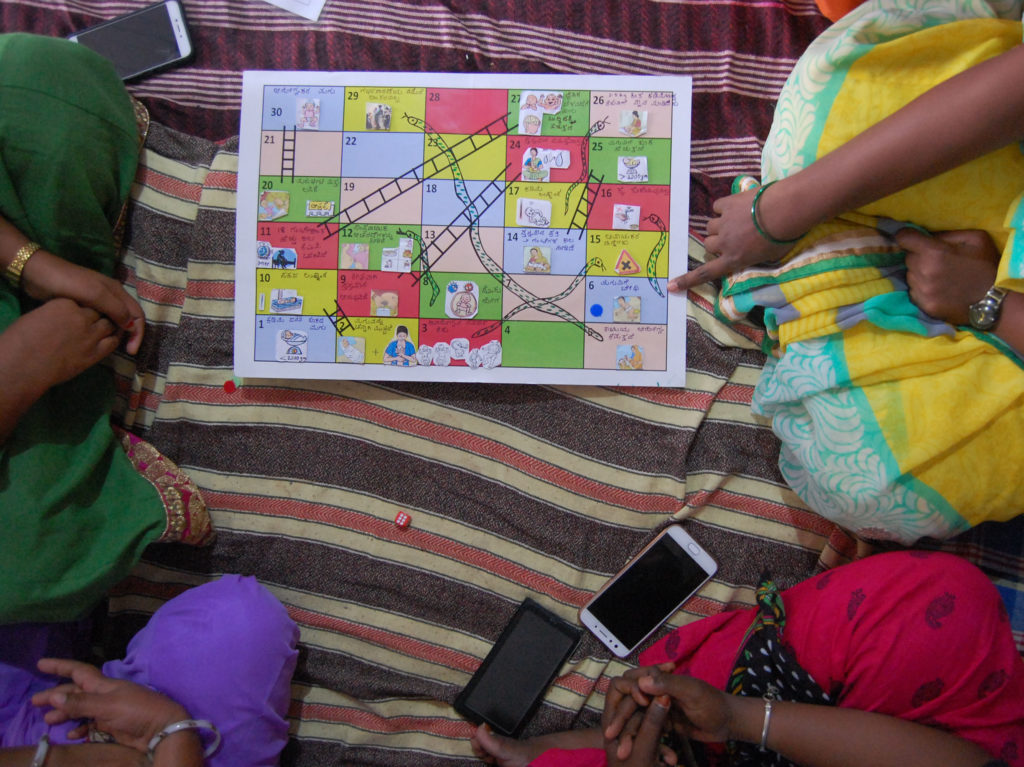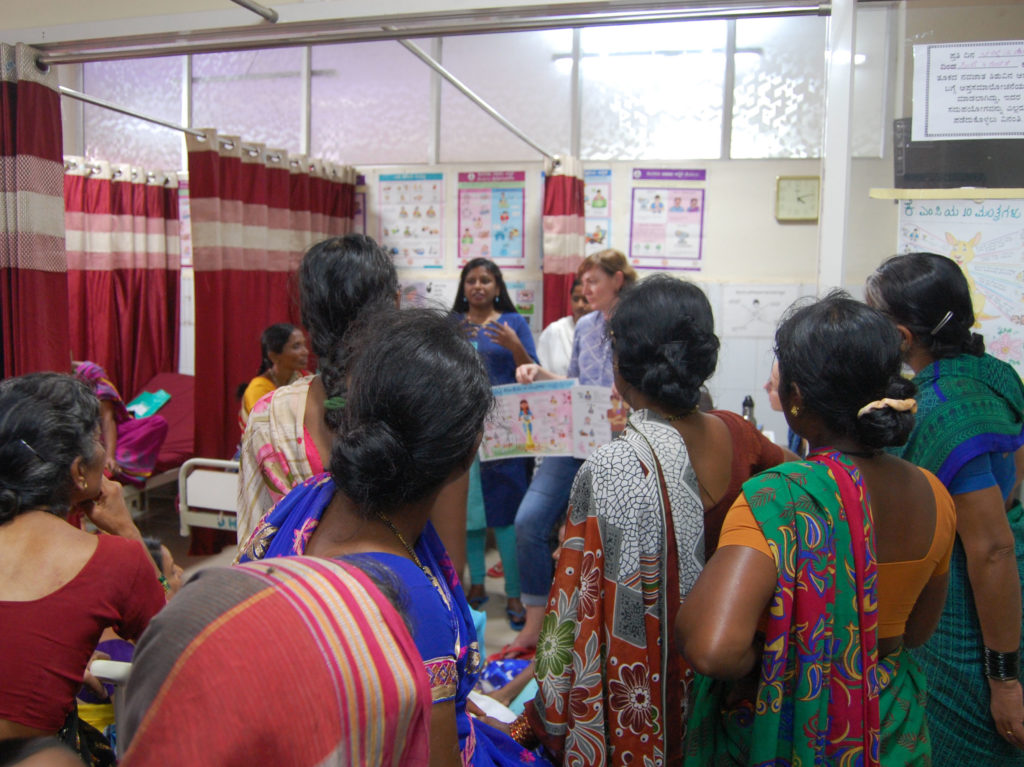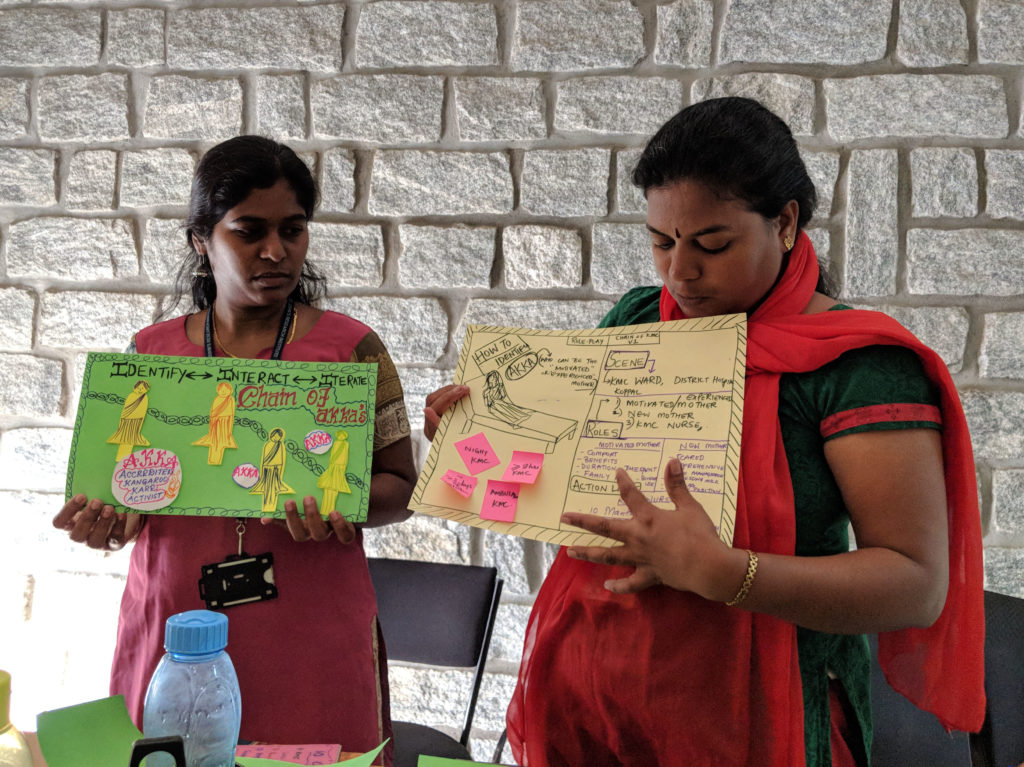Human-Centered Design Solutioning In Global Health
Client/Funder:
Bill & Melinda Gates Foundation
Location:
Ethiopia and India
Catapult Service Line:
Design
Thematic Area:
Health & NutritionMaternal Health
Challenge
According to the World Health Organization (WHO), more than 20 million infants are born weighing less than 2.5kg annually, with over 96% of them born in developing countries. These low-birthweight (LBW) infants are at increased risk of early growth retardation, infectious disease, developmental delay, and death during infancy and childhood. Evidence has shown that Kangaroo Mother Care (KMC) is a safe and effective practice to reduce morbidity and mortality in LBW infants as well as increase breastfeeding. KMC involves prolonged skin-to-skin contact between mother and infant and exclusive breastfeeding.
In 2015, WHO received a grant from the Bill & Melinda Gates Foundation (BMGF) to engage in-country partners to research, design, and develop models for increasing the uptake of KMC in Ethiopia and India. The primary program objective is to develop a delivery model that will result in a high (80% or more) and effective (at least eight hours of skin-to-skin contact and exclusive breastfeeding) coverage of KMC for the target populations.
Work
Catapult Design was awarded a grant from the B&MGF to join the program with the intent of infusing human-centered design into local partners’ work. The Catapult team is assessing current challenges and opportunities for KMC uptake based on what was shared during a convening in Ethiopia and India as well as ongoing conversations with local program partners.
Results
Over nine months, Catapult’s team of designers, behavior scientists, user-experience specialists, and evaluation experts will work together with local partners to co-design a set of scalable solutions for the increased, effective practice of KMC.


